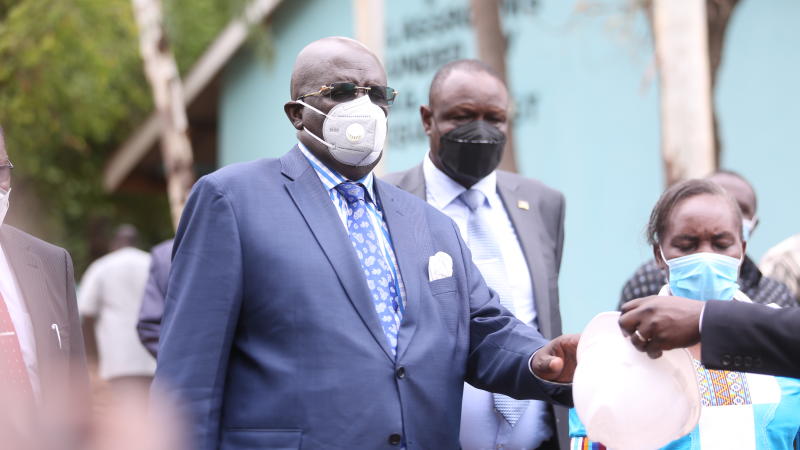×
The Standard e-Paper
Join Thousands Daily

I helped with homework earlier in the week. The task, like many aspects of CBC nonsense, was unnecessarily couched in very difficult instruction. The task was to craft words with “double constants.”
I asked the young man of the house if he knew what a double consonant is. He did not and it’s a safe bet that even high school students wouldn’t know what a Grade One pupil is expected to.